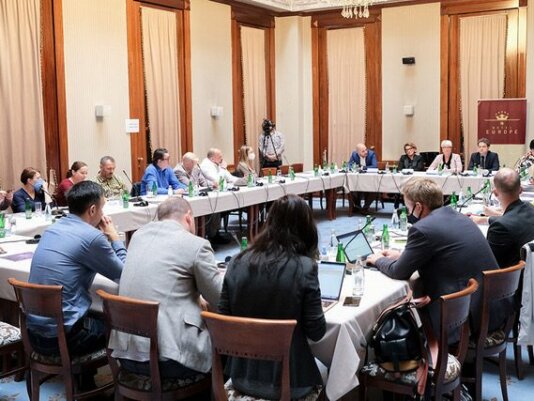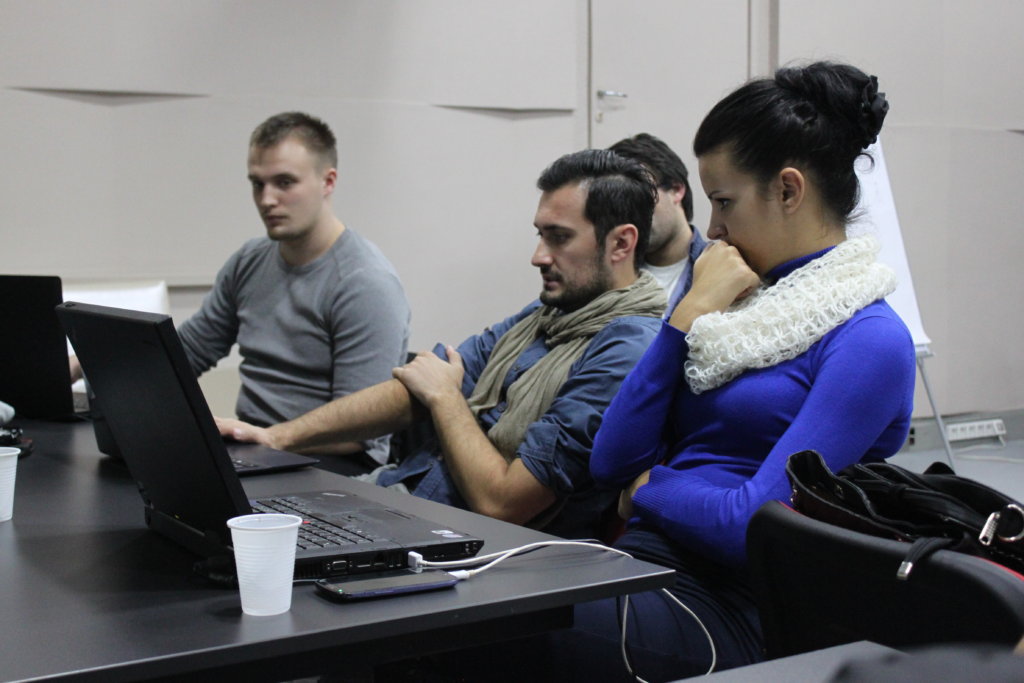- About
- Topics
- Picks
- Audio
- Story
- In-Depth
- Opinion
- News
- Donate
-
Signup for our newsletterOur Editors' Best Picks.Send
Read, Debate: Engage.
| November 30, 2021 | |
|---|---|
| topic: | Freedom of Expression |
| tags: | #freedom of press, #media, #censorship, #corruption |
| located: | Bosnia and Herzegovina |
| by: | Katarina Panić |
The first form refers to cases where persons who were once convicted of criminal offences exercise the right to be deleted from the criminal records (after a while has passed) and demand that media outlets delete the stories related to their cases from their archives retroactively.
The second form occurs when people who persistently refuse to be interviewed by the media request démenti once the story is published. In doing so, they do not deny the veracity the story but state their position on the platform and journalists who wrote the story, as well as on society in general. They, in fact, try to claim the spotlight in the media by misusing the right to démenti and the right to respond.
In both of these newly detected trends, the persons exercising these rights are mainly public officials who ignore the principle obliging them to submit to a higher degree of public scrutiny and criticism. They threaten the media with lawsuits, and the media community does not know what to expect from the judiciary, since there has so far been no legal precedence in such matters.
Therefore, two of the most prominent media outlets in the country, the Balkan Investigative Reporting Network (BIRN) and Center for Investigative Reporting (CIN), decided to take matters into their own hands. In November, when the International Day to End Impunity for Crimes against Journalists was marked worldwide, the two organisations organised a panel discussion that gathered journalists and members of the academia and the judiciary who warned about the newest trends that endanger press freedom in BiH.
Lejla Turčilo, a professor at the Faculty of Political Sciences in Sarajevo, warned that the requests for deleting media archives related to previous convicts are a kind of post festum censorship.
"Journalists and the media have no obligation to protect someone's reputation," she stated. "Furthermore, removing media content from the archives would eventually lead to creating a different history."
She emphasised that one might exercise the right to oblivion while addressing global internet browsers, but not media outlets.
Attorney Nedim Ademović had asked what could happen in analogue media archives if the digital ones were targeted, reminding that deleting convicts' criminal records does not mean that the court files are destroyed but that they are simply less approachable for the public.
"Public interest is hard to refute in any court," he added. "What can be a subject of discussion is balance test: whether you can you prove that the public interest is more substantial than someone's right to privacy, which includes the right to one's reputation and honour."
BIRN's managing editor, Semir Mujkić, said that the outlet had just faced a lawsuit for refusing to publish the dementi, which was neither technically nor essentially denying what was published.
Moreover, the lawsuit came from a person who persistently refused to give the network's journalists a comment about the case they had investigated. Mujkić described the comprehensive efforts made by BIRN to contact the subject, which he said is a standard this media outlet nurtures carefully and consistently.
"There are phone calls, e-mails, SMS, text messages via applications which show the status 'seen'," he said. "Furthermore, we face the person, ask the questions. Sometimes we drive for hours to events we know that this person will attend to give another try. They say 'on the record' that they don't want to comment."
"We also make sure they are familiar whit our story," he added, "i.e. once it is published, nothing is a surprise for them."
"After all this, they request dementi, which does not deny anything. I don't think I should publish it, but I don't know what the court will say. We lack the sense of being protected by the judiciary if we do our job fully professionally."
"This is a new practice that seriously threatens to change the way journalists work completely", Lejla Bičakčić, CIN's director, stressed.
A year earlier, BIRN and the OSCE Mission to Bosnia and Herzegovina presented the TV documentary "Judicial Censorship“ about strategic lawsuits against public participation, SLAPP, or, in brief, intimidation lawsuits.
"Nothing has changed for the better over the year," Emina Dizdarević, a BIRN journalist and author of the documentary, told FairPlanet. "Defamation lawsuits are still present and used as a form of censorship and pressure."
"Unfortunately," she added, "journalists are often forced to use self-censorship to protect themselves due to the difficult position of their profession and financial strain. And that is devastating."
It seems, therefore, that the practice of suing-to-silence evolves nowadays.
"We need systemic solutions so that the judiciary reacts adequately to any types of attacks and pressures on journalists," Dizdarević added. "Requests to delete published texts and fake dementi impose censorship. However, some members of the judicial community say that these tools should be used."
Image by absolutvision.
By copying the embed code below, you agree to adhere to our republishing guidelines.

